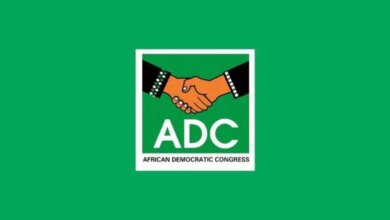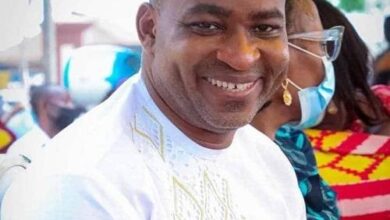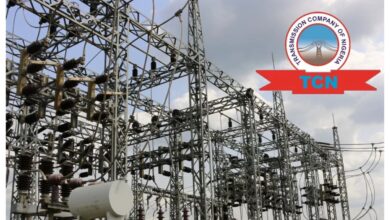The telecom evolution: Fewer players, stronger networks, better service
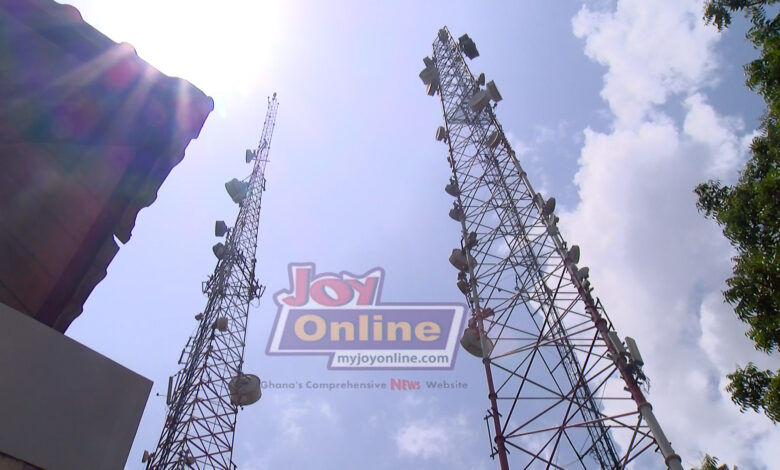
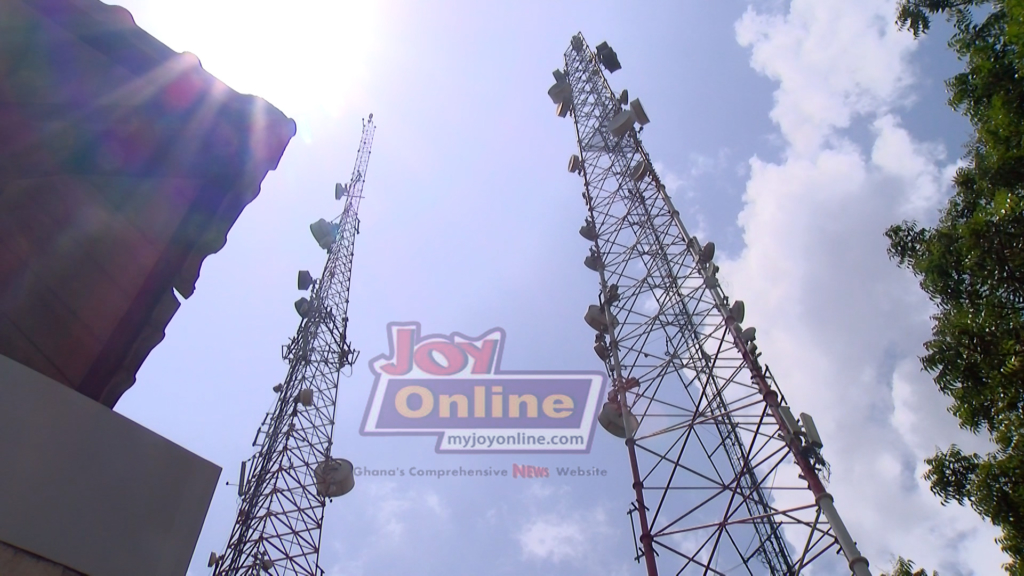
Few industries touch the everyday lives of Ghanaians as deeply as telecommunications. For the farmer checking cocoa prices on WhatsApp, the nurse topping up airtime on her way home, or the student downloading lecture notes in a roadside café, the phone in their pocket is as vital as electricity or running water.
Now, the sector faces another defining moment, to wit, the proposed union of Telecel and AT Ghana. This move is about livelihoods, consumer choice, and whether the nation’s digital future will be shaped by competition or by the dominance of a single giant.
Down memory lane
The local telecommunications revolution began in the 1990s, when liberalisation opened a sector long dominated by the state-owned Ghana Telecom. Mobile licences were issued, and by the close of the decade, the first networks were competing for subscribers, bringing with them the promise of connectivity that had been denied to many under the fixed-line regime.
Operators like Spacefon and Mobitel pioneered mobile services, while the entry of MTN in 2006—through its acquisition of Investcom’s Areeba—signalled the arrival of global capital and more aggressive competition. These were the years when mobile phones moved from being luxury items for the urban elite to necessities of everyday life, transforming commerce and communication across the country.
The 2000s and early 2010s saw the market fragment into as many as six operators, including Airtel, Tigo, Vodafone, and Glo. Fierce competition spurred falling tariffs and rapid subscriber growth, but it also created chronic instability.
Smaller players struggled with scale, network investment lagged, and consolidation became inevitable. Vodafone’s 2008 purchase of a 70 per cent stake in Ghana Telecom was one of the most high-profile deals of the era, followed by Airtel and Tigo’s merger in 2017.
Yet beneath the surface of subscriber gains and falling call rates, the sector was already showing signs of strain: declining average revenues per user, high infrastructure costs, and an emerging imbalance in market power as MTN steadily built an unassailable lead. By the mid-2010s, the industry was celebrated for its dynamism, on the one hand, yet vulnerable to the very competition that had once been its strength.
From AirtelTigo to AT
“I remember the day they said the government had bought us,” says Esther, a customer service officer who has worked at AT Ghana since its days as Tigo. “We clapped in the office, but afterwards everyone asked the same question: for how long?”
When Airtel and Tigo merged in 2017, the hope was survival through scale. Instead, debt piled up and market share shrank. By 2021, the multinationals wanted out. To prevent collapse, the state stepped in, creating AT Ghana.
It was a bold rescue that saved thousands of jobs. But three years on, AT is still struggling to compete with MTN and Telecel. Esther says her daily reality is a stream of frustrated customers complaining of weak signals and dropped calls.
Telecel’s arrival
Telecel’s entry through its 2022–23 purchase of Vodafone Ghana changed the mood. Unlike Vodafone, which had seemed to tire of the Ghanaian market, Telecel arrived with cash, optimism, and promises to fix the network. “I can tell you the data is better now. Before, I would switch to MTN if a transaction was too slow. “These days, Telecel works faster,” Kwame, a mobile money vendor in Kumasi, notes.
The improvements may seem modest, but in a market where MTN controls around two-thirds of the customer base, the rise of a credible competitor is no small matter. Telecel’s willingness to spend and to expand sets it apart.
A question of balance
For years, regulators have wrestled with MTN’s dominance. In 2020, the National Communications Authority went so far as to label the company a ‘Significant Market Power’, opening the door to special regulations. Yet such labels cannot solve the underlying problem, that is, the lack of a strong second player.
Consumers know this instinctively. In Madina, Kofi, a university student, explains why he keeps two SIM cards. “You cannot rely on just one. If MTN is down, you need another option. But honestly, most of my friends use MTN because the others are not strong,” he explains. Could the proposed Telecel–AT combination change that dynamic? It would not dethrone MTN, and that should not the goal – but it could create a rival with enough scale to compete. That balance is in the national interest.
Lessons from abroad
Ghana is not unique. India’s chaotic telecom market once had more than 16 players. Today, there are three remaining. In the United States, decades of consolidation have left AT&T, Verizon, and T-Mobile as the dominant carriers.
Even China, with its vast population, relies on three state-backed giants. Telecoms are capital hungry. Building towers, laying fibre, and preparing for 5G cost billions. Without scale, smaller players simply cannot survive. Ghana has reached the same point. The choice is not whether to consolidate, but whether to do so strategically.
Jobs on the line?
The human cost of change looms large. “We worry every time there is news of a merger,” says Yaw, an AT technician who climbs towers to repair antennas. “The minister says no jobs will go, but what if they change their mind?” he quizzes.
The government has promised job security, and its 30 per cent stake gives it some leverage. More to the point, the greater risk to jobs may be letting AT slowly collapse. Telecel’s track record suggests it is more likely to invest than to cut. Still, workers and unions will want guarantees written into any agreement.
The view from the market
Small businesses are watching too. For mobile money agents like Kwame, reliable connectivity is their livelihood. For taxi drivers using ride-hailing apps or shopkeepers depending on digital payments, network outages mean lost income. “If Telecel and AT join, I just hope they don’t increase charges.
We need cheaper data, not more expensive,” says Adjoa, who runs a provisions shop in Cape Coast. That concern is real. Consolidation can sometimes reduce competition and raise prices. But in Ghana’s case, the danger lies more in weak competition than in too much of it. A stronger second player is more likely to drive down data costs than push them up.
National interest
Telecommunications are also a matter of sovereignty. Data security, national infrastructure, and financial systems all depend on reliable networks. Over-reliance on a single dominant operator creates vulnerabilities, economic as well as strategic. A Telecel–AT consolidation would not erase those risks, but it would reduce them. It would give Ghana two strong pillars instead of one, making the market less fragile and more responsive to consumer needs.
Looking ahead
The government has appointed a transaction adviser to guide the process. That is the right move. Ghanaians deserve clarity on valuation, terms, and safeguards. Workers must be protected, consumers must be assured of better, not worse, service, and the state must ensure that its 30 per cent share in Telecel translates into accountability.
Yet the broader vision must not be lost. This bold move should be about building a telecom sector that can support Ghana’s digital future. From rural connectivity to fintech innovation, the opportunities are vast—but only if the infrastructure is strong.
On that note
The decision over AT Ghana’s future will test the government’s ability to balance transparency, national interest, and commercial reality. But the core logic is clear: fragmentation has failed; state ownership has bought time but not transformation. The next step is consolidation with a partner ready to invest.
The government has shown it is willing to act boldly. The challenge now is to seal a deal that protects workers, reassures consumers, and strengthens the sector for the decade ahead. For the millions who depend on their phones for work, money, and connection, the outcome will matter far beyond the boardroom. It will shape how Ghana communicates, competes, and grows in the years to come.
DISCLAIMER: The Views, Comments, Opinions, Contributions and Statements made by Readers and Contributors on this platform do not necessarily represent the views or policy of Multimedia Group Limited.
DISCLAIMER: The Views, Comments, Opinions, Contributions and Statements made by Readers and Contributors on this platform do not necessarily represent the views or policy of Multimedia Group Limited.
Source link


